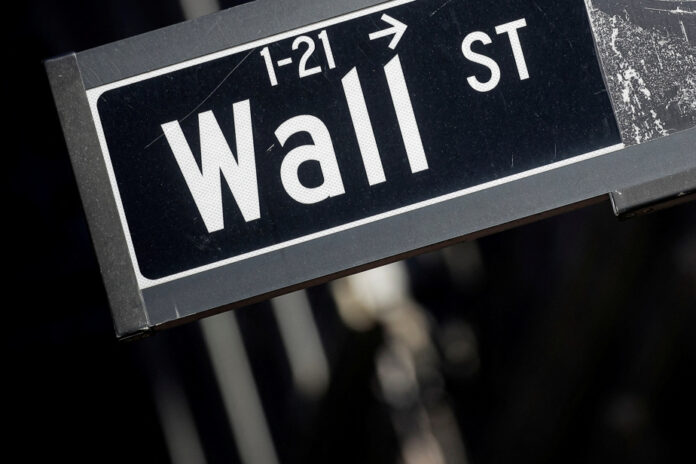(New York) The New York Stock Exchange opened lower on Wednesday, cautious in the face of a changing situation in the Middle East, combined with tensions on bond rates and on the oil market.
Around 10:15 a.m. ET, the Dow Jones was down 0.38%, the NASDAQ was down 0.65% and the broader S
“Buyers are lacking enthusiasm this morning for several reasons, the first being concerns related to geopolitics,” explained Patrick O’Hare of Briefing.com in a note.
The war between Israel and Hamas reached a new milestone on Tuesday with a strike on a hospital in central Gaza, which left at least 471 people dead.
President Joe Biden, visiting Israel, indicated that “American data [exonerated]” his host, supporting the Israeli version according to which an Islamic Jihad rocket attack was at the origin of the explosion.
“Equity markets are generally not very good at measuring geopolitical events,” commented Steve Sosnick of Interactive Brokers. “It’s not good for the stability of the world in general, but what impact does it have on stocks? »
“There are also fears about bond rates and commodities, particularly oil,” he added.
The yield on 10-year US government bonds came close on Wednesday to the 16-year high reached at the beginning of October (4.88%), at 4.87%, compared to 4.83% the day before at the close.
The New York market also offered a reserved reception to company results, even if many companies published figures higher than expectations.
“We heard good things” from the companies, “but not great things,” said Steve Sosnick.
On the stock market, Nvidia remained poorly oriented (-3.59%), the day after the announcement of new restrictions on the export of semiconductors to China, in particular the most advanced chips, used for the development of artificial intelligence.
This new set of measures is interpreted as aimed at preventing manufacturers from circumventing a first series of limitations imposed a year ago by the United States.
Like Nvidia, major American players in the sector were affected, such as AMD (-1.21%), Intel (-0.93%), Texas Instruments (-0.67%) or Qualcomm (-1. 52%).
United Airlines was experiencing a downturn (-7.83%), despite better results than projected by the market. The company lowered its forecasts for the fourth quarter, due to the increase in the cost of kerosene, but also the possible prolonged suspension of its flights to and from Tel Aviv.
Aeronautical supplier Spirit Aerosystems took off (23.21%) after announcing the strengthening of its partnership with Boeing. This new agreement is expected to increase the group’s revenue by nearly $200 million net by 2033.
Morgan Stanley was sanctioned (-6.57%), despite better than expected results. The investment bank was paying in particular for the disappointing performance of its asset management business.
Procter
As for the insurer Travelers (1.64%), investors were more interested in the growth in turnover (14%), higher than expectations, than the drop in net profit, below expectations, due to a increase in the cost of claims.
US Bancorp fell (-3.02%), although it reported results above Wall Street estimates. The fifth American bank by asset size saw its net interest margin decrease compared to the previous quarter and over a year.
The Toronto Stock Exchange lost 150 points late Wednesday morning, dragged down by losses in base metals stocks, while the major American indices also retreated.
The composite index S
In the currency market, the Canadian dollar was trading at 73.03 US cents, up from its average price of 73.28 US cents on Tuesday.
The price of gold advanced by US$24.00 to US$1,959.70 per ounce and that of copper appreciated by less than 1 US cent to US$3.58 per pound.















